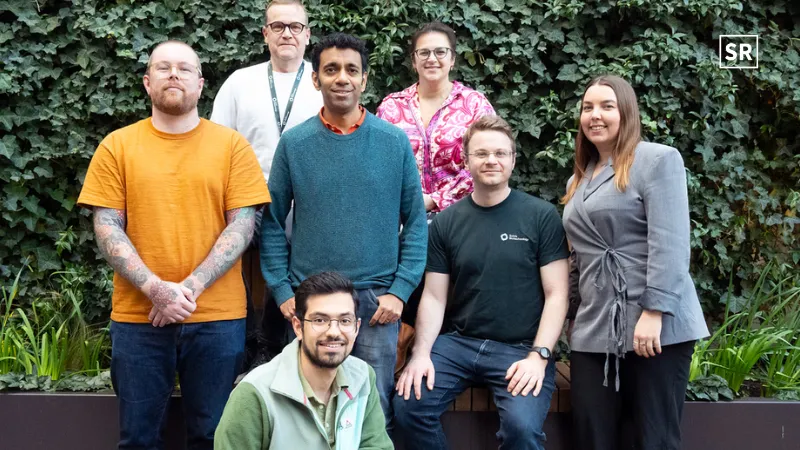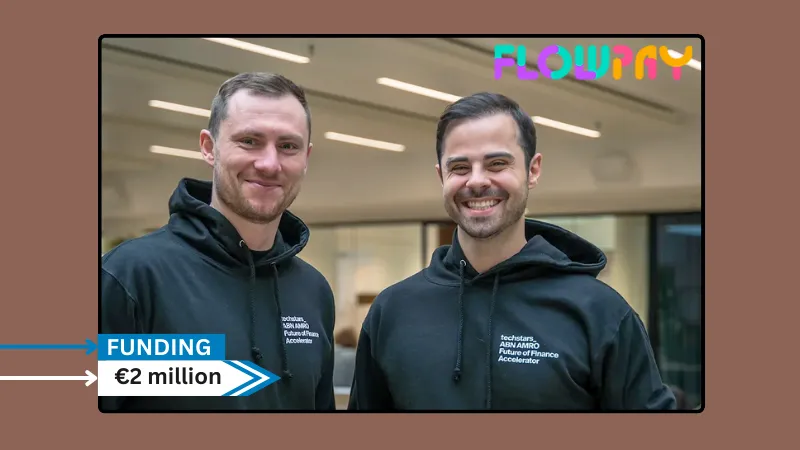Plug and Play Partner Raises Concerns Over Unequal Equity Split Among Co-Founders
May 10, 2025 | By Kailee Rainse

A partner at the venture capital firm Plug and Play recently emphasized the importance of co-founders starting their companies with equal ownership stakes.
SUMMARY
- A partner at the venture capital firm Plug and Play recently emphasized the importance of co-founders starting their companies with equal ownership stakes.
She argued that unequal equity splits might indicate a lack of commitment or motivation from those holding smaller shares.
However, while a 50-50 split can seem fair and promote unity, it may also lead to challenges. Equal ownership can result in deadlocks during critical decision-making, potentially causing delays or legal disputes.
Additionally, the partner expressed caution about investing in startups led by solo founders, especially those without prior experience, as they might struggle with resilience and the pressures of entrepreneurship.
In summary, while equal equity splits can foster a sense of fairness and shared responsibility, it's crucial for co-founders to anticipate potential challenges and establish clear agreements to navigate future decisions effectively.
Wais, who oversees Plug and Play's investments in EMEA, said: “I believe in equal splits of equity. If you are not splitting the equity equally or at least in a fair way, long-term you won’t be incentivised.”
Carolin Wais, a partner at Plug and Play Ventures, shared an example of a startup where the founders had an uneven ownership split: one held 95% of the company, while the other had just 5%. She explained that this kind of imbalance can become more problematic over time. As the startup raises money from investors in future funding rounds, new shares are issued, which dilutes the ownership percentages of existing shareholders.
She said: "Would they really want to stick around and spend their life’s purpose on this?
"I think it’s just about long-term founder incentivisation and making sure everybody comes in every day with the same energy and passion.”
At the SIM Conference 2025 in Porto, Carolin Wais, a partner at Plug and Play Ventures, discussed the challenges venture capitalists face when investing in solo founders.
She said: “If you think about the life of a startup. At the beginning everything looks great and you have a lot of motivation.
"And then it starts getting rough, you know. You don’t raise that round, you maybe don’t get that customer on board, or something falls through. And then usually, if you have someone else, or even a third person in your team that backs you up, that takes you through these ups and downs, it’s way more successful."
She said: “The companies that have more than one founder they are more successful, just because they have more resilience, more drive and more energy to do this.”
Carolin Wais, a partner at Plug and Play Ventures, mentioned that while solo founders are generally seen as riskier investments, there are exceptions. Specifically, solo founders who have previously built successful startups, especially those that have become unicorns (companies valued at over $1 billion), are viewed more favorably by investors.


 Follow us
Follow us Follow us
Follow us















